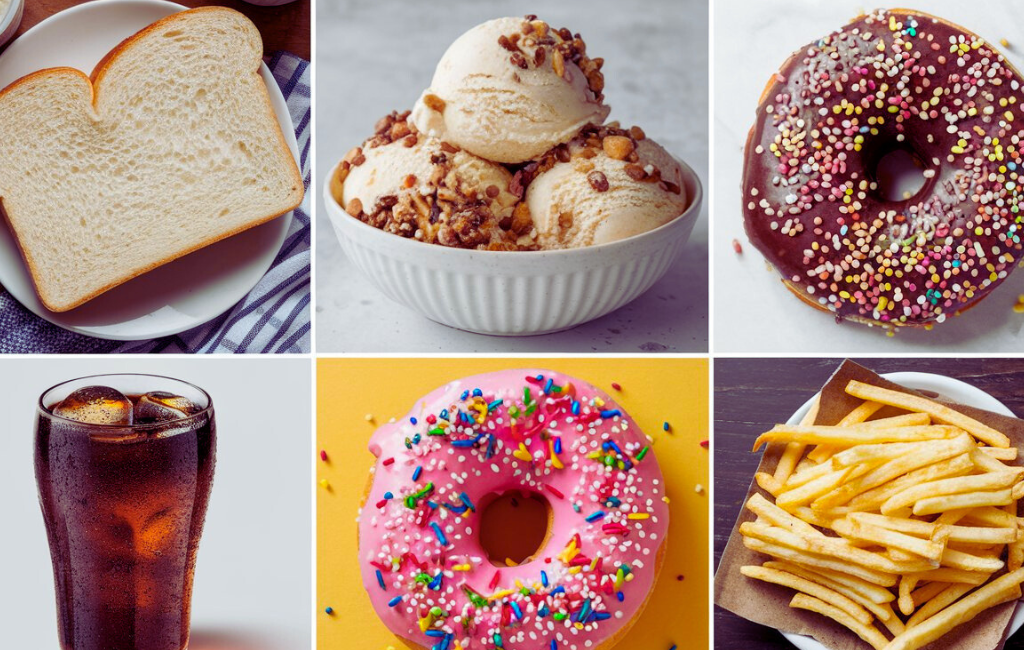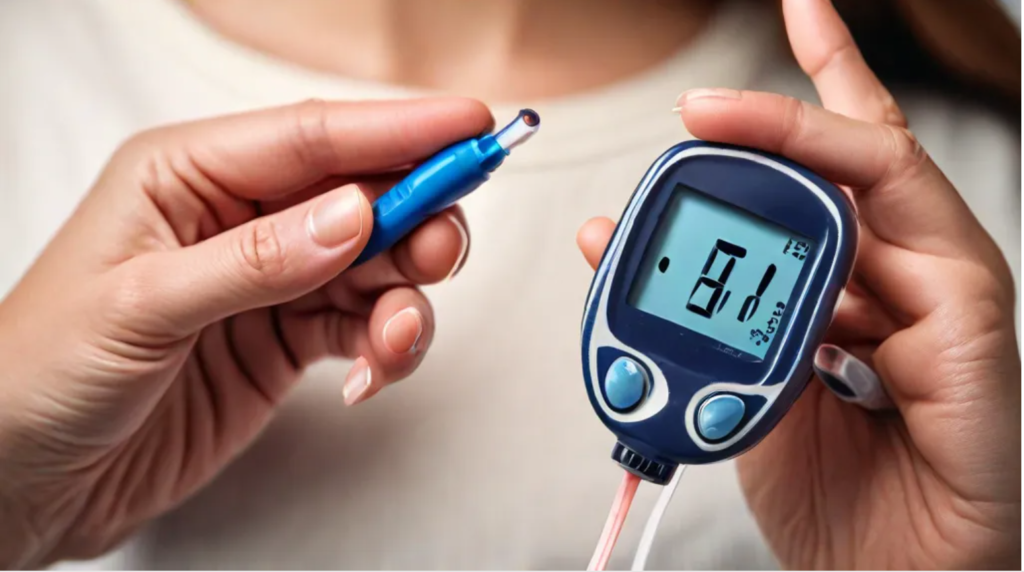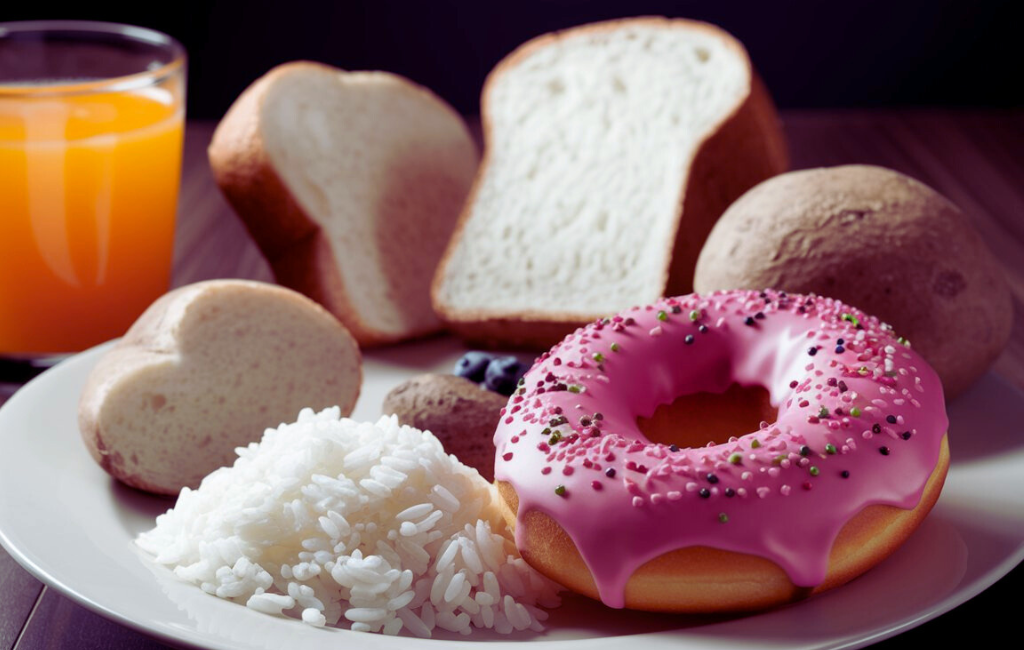Understanding Diabetes: A Hidden Health Challenge
Diabetes impacts millions worldwide. It changes how your body handles sugar. Your diet plays a crucial role in managing this condition. Smart food choices can make a big difference in your health journey.
The Science Behind Diabetes and Nutrition
When you have diabetes, your body struggles to process glucose. Some foods cause rapid blood sugar spikes. These spikes can harm your health over time. Knowing which foods to avoid becomes your best defense.
Detailed Breakdown of Dangerous Foods
1. Sugary Drinks: The Silent Killers
Sodas, energy drinks, and sweetened teas are dangerous. They dump massive sugar into your system quickly. One can of soda contains about 39 grams of sugar. That’s more than a diabetic should consume in entire meals.
Hidden Sugar Traps
- Fruit juices
- Sports drinks
- Sweetened coffee beverages
- Flavored water
- Alcohol mixers
2. Processed Snacks: Nutritional Nightmares
Packaged foods look convenient but hurt diabetes management. They contain:
- Hidden sugars
- Unhealthy trans fats
- Refined carbohydrates
- Artificial preservatives
Better snack options include:
- Fresh vegetables
- Nuts
- Seeds
- Low-fat cheese
- Hard-boiled eggs
3. Refined Grains: Quick Sugar Converters
White bread, pasta, and rice break down rapidly. They turn into glucose faster than complex carbohydrates. These foods cause quick blood sugar jumps.
Healthy Grain Alternatives
- Quinoa
- Brown rice
- Whole wheat bread
- Barley
- Oatmeal
4. Fried Foods: Double Trouble
Fried foods create multiple health risks for diabetics. They:
- Increase inflammation
- Raise bad cholesterol
- Contribute to weight gain
- Reduce insulin sensitivity
Healthier cooking methods:
- Baking
- Grilling
- Steaming
- Air frying
- Roasting
5. Sugary Breakfast Cereals: Morning Danger
Most cereals look healthy but aren’t. They’re sugar bombs disguised as nutritious meals. Check labels carefully.
Diabetes Management Strategies
Diet Tips
- Choose low glycemic index foods
- Eat smaller, frequent meals
- Balance protein, fats, and carbohydrates
- Stay hydrated
- Practice portion control
Fitness and Diabetes
Regular exercise helps manage blood sugar. It:
- Improves insulin sensitivity
- Helps weight management
- Reduces stress
- Boosts overall health
Exercise Recommendations
- Walking 30 minutes daily
- Swimming
- Cycling
- Strength training
- Yoga
- Pilates
Mental Health and Diabetes
Stress impacts blood sugar levels. Managing mental health is crucial. Consider:
- Meditation
- Counseling
- Support groups
- Stress management techniques
Consultation is Key
Always work with healthcare professionals. They can:
- Create personalized meal plans
- Adjust medication
- Monitor your progress
- Provide ongoing support
Conclusion of diabetes
Managing diabetes requires knowledge and commitment. Your food choices matter. Stay informed. Stay active. Take control of your health journey.
Frequently Asked Questions
Q: Can diabetics eat fruit?
A: Yes, but choose wisely. Berries, apples, and citrus fruits are better options.
Q: How often should I check blood sugar?
A: Follow your doctor’s advice. Daily monitoring helps track your progress.
Q: Are artificial sweeteners safe?
A: Moderation is key. Some studies show potential risks. Consult your doctor.
Q: Can diabetes be reversed?
A: With lifestyle changes, some people manage to control or reduce symptoms.
Q: How quickly can diet changes impact diabetes?
A: Results vary. Consistent healthy choices can show improvements in weeks to months.








